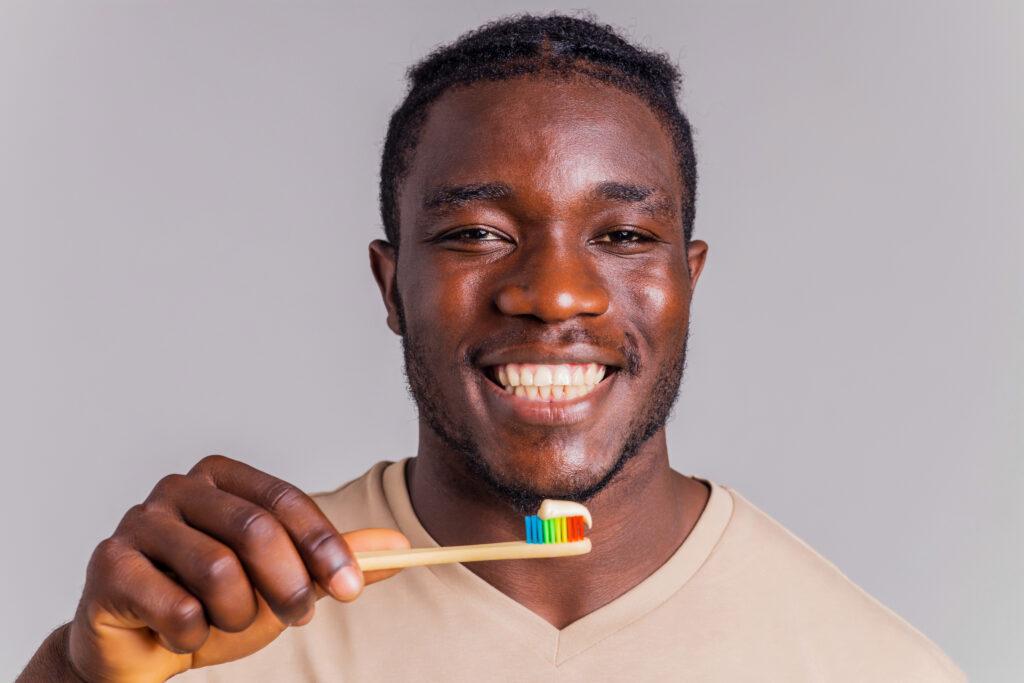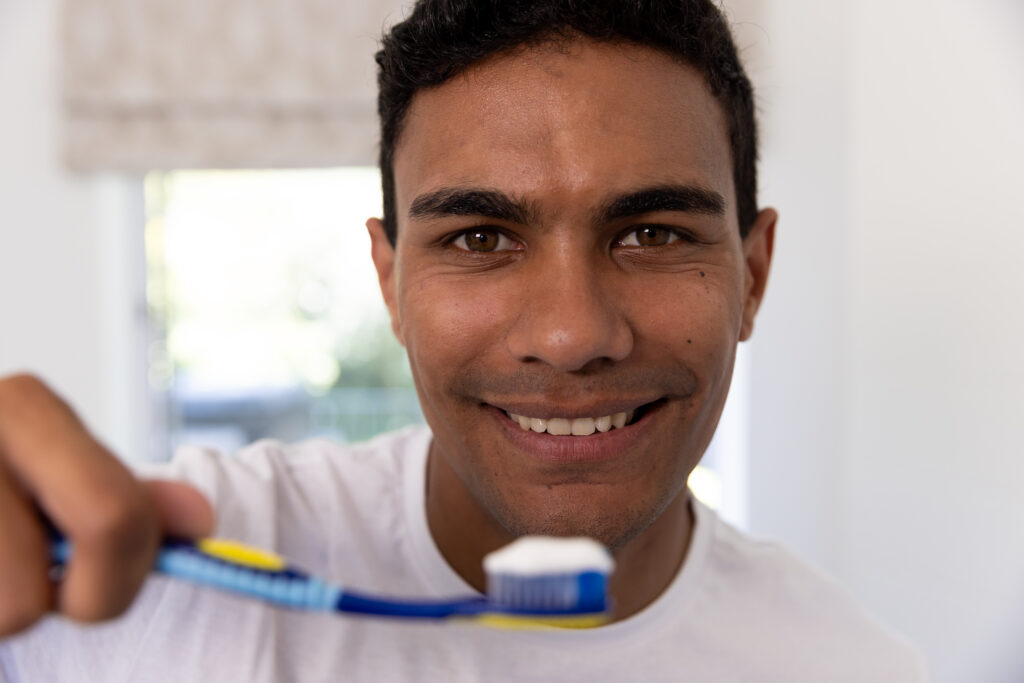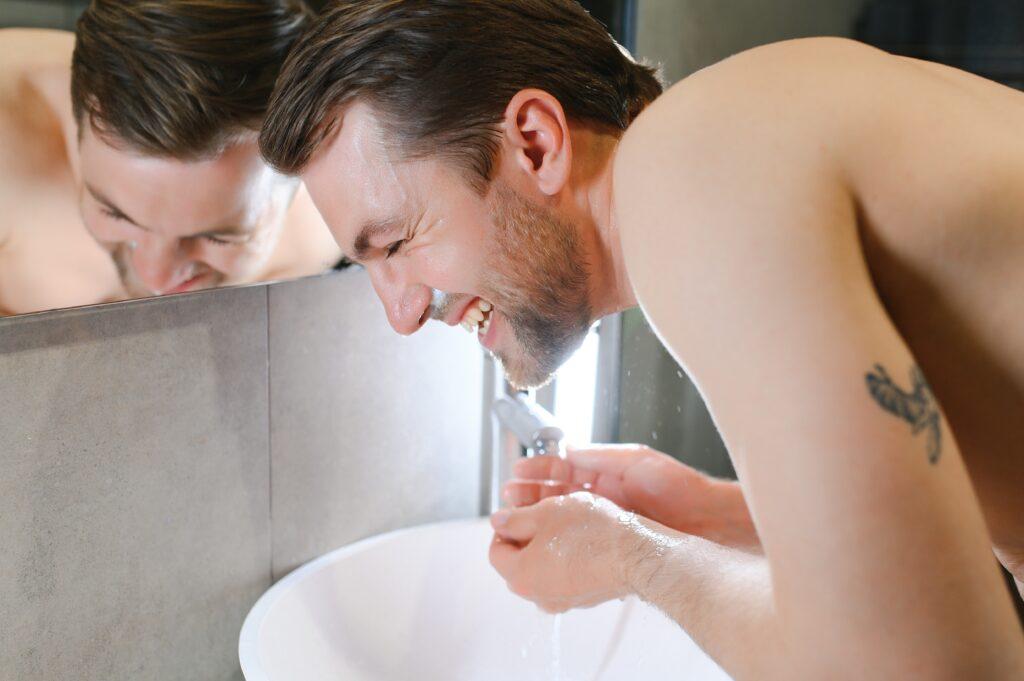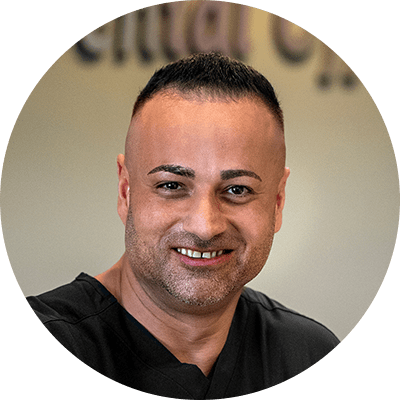
Transforming Smiles with Dental Bonding Services in London

If you’ve just undergone a deep cleaning at your London dentist, you’re probably feeling a mix of relief (hello, fresh gums!) and curiosity about what to do next. Many patients wonder, “Can I brush my teeth after deep cleaning?” The good news is, yes, you can—but not right away! Post-cleaning care is crucial to ensuring that your mouth heals properly and stays in top shape.
In this guide, we’ll walk you through post-cleaning care, including when and how to brush, what to avoid, and what to expect. Let’s dive in, tooth by tooth!
The First 24 Hours: Time to Give Your Mouth a Rest
Immediately after your deep cleaning, your mouth has gone through a lot. Deep cleaning removes debris (plaque and tartar) from under the gum line, and it can leave your gums feeling a little sensitive. Naturally, this leads to the question, “Can I brush my teeth after deep cleaning?“
Hold Off on Brushing, Just for Now!
Your friendly dentist in London will likely recommend holding off on brushing your teeth for at least 24 hours post-cleaning. This may sound counterintuitive since you’ve just had a thorough cleaning, but trust us, your gums need a little break. Brushing immediately after deep cleaning could irritate those sensitive areas.
Instead, give your gums time to heal. You can still go about your day, but avoid any aggressive mouth activity (chewing on pencils counts, too!). Your gums will thank you for it!
Day Two: Gentle Brushing is Back on the Table

By day two, you’ll likely be itching to pick up your toothbrush again. The good news is that you can resume brushing by this point, but with one important rule: be gentle. Your mouth is still in recovery mode, and harsh brushing can delay the healing process.
Soft-Bristled Brush is Your New Best Friend
Switch to a soft-bristled toothbrush (if you haven’t already). If your current brush feels more like a wire brush for scrubbing pots, now is a good time to swap it out! A soft-bristled brush, although gentle on your gums, will still remove the bacteria and plaque effectively.
Remember to use gentle, circular motions. Think of it as giving your teeth a nice massage rather than scrubbing away grime. You’re cleaning teeth, not polishing the kitchen sink!
What About Flossing?
Many patients are also curious about flossing after a deep cleaning. While it’s great that you’re enthusiastic about your oral hygiene, it’s important to be cautious for the first few days.
When Can I Floss Again?
You should wait about 48 hours before reintroducing floss into your daily routine. When you do start flossing again, be gentle. Your gums might be sensitive for a few days, so don’t yank the floss between your teeth. Slowly glide it instead. If you experience minor bleeding, don’t panic. It’s normal for your gums to need time to adjust. However, if the bleeding persists, don’t hesitate to call your London dentist.
Rinsing: A Refreshing Way to Keep Things Clean

After deep cleaning, you might be tempted to rinse your mouth with every over-the-counter mouthwash on the shelf. But hold on—there’s a bit of a timeline here too.
Saltwater Rinse to the Rescue
For the first 48 hours, it’s best to avoid any harsh mouthwashes. Alcohol-based mouthwashes can irritate your gums, setting back your healing progress. Instead, opt for a simple saltwater rinse.
Mix about half a teaspoon of salt in a cup of warm water and gently swish it around your mouth for about 30 seconds. Saltwater helps reduce swelling and speeds up the healing process without the sting. Plus, it’s like giving your mouth a mini-spa day!
Foods to Avoid After Deep Cleaning
When it comes to eating post-cleaning, softer is better. While your teeth are now squeaky clean, your gums are likely still sensitive. So, what foods should you avoid?
Say No to the Crunch and Spice
For the first few days, steer clear of hard, crunchy, or spicy foods. Things like chips, nuts, or spicy curries might irritate your gums. Instead, opt for softer options like yogurt, soups, and mashed potatoes. These are much kinder to your mouth as they heal.
Also, avoid overly hot or cold foods and drinks. For a few days, your teeth and gums might be a little extra sensitive to temperature. Think of it like babying your mouth—after all, it’s just been through a deep clean!
Long-Term Care: Keeping That Fresh, Clean Feeling
Now that you’ve made it through the initial recovery phase, let’s talk about maintaining that fresh-from-the-dentist feeling. The best way to avoid needing frequent deep cleanings is to maintain good oral hygiene habits.
Brushing Twice a Day and Regular Dental Visits
Once your mouth has fully healed, return to brushing two times daily, flossing daily, and scheduling regular check-ups with your dentist in London. Deep cleanings may not be required as often if you keep up with these habits. And remember—those six-month visits are crucial!
It’s not just about keeping your teeth shiny; it’s about your overall oral health. Regular check-ups help your London dentist spot any potential issues before they become bigger problems.
Can I Brush My Teeth After Deep Cleaning? Absolutely, With Care!

So, can you brush your teeth after deep cleaning? The answer is yes, but patience is key! Follow these guidelines, be gentle with your gums, and avoid irritants for a few days. You’ll be back to your regular oral hygiene routine in no time, and your gums will feel better than ever.
If you have any concerns or experience discomfort, contact your London dentist. After all, we’re here to help you keep that bright, healthy smile shining for years to come!
Are you overdue for a cleaning? Whether it’s been six months or a little longer, we’re here to help. Book your next appointment with us at Southdale Dental and let our experienced team keep your smile looking its best. Call us today to schedule your visit!
Recent Posts
Keep in Touch
Get a Glimpse of Our Child-Friendly Practice

- 104 - 553 Southdale Rd E London, Ontario
-
Monday 9:00 am - 5:00 pm
Tuesday 8:00 am - 5:00 pm
Wednesday 8:00 am - 6:00 pm
Thursday 9:00 am - 6:00 pm
Friday 9:00 am - 4:30 pm
Saturday 9:00 am - 1:00 pm
Sunday Closed



